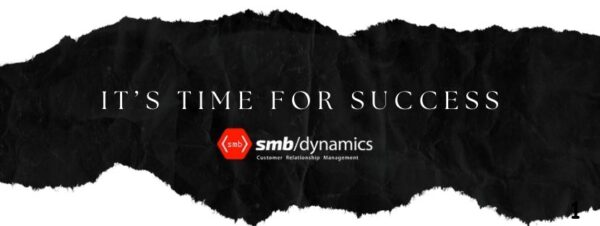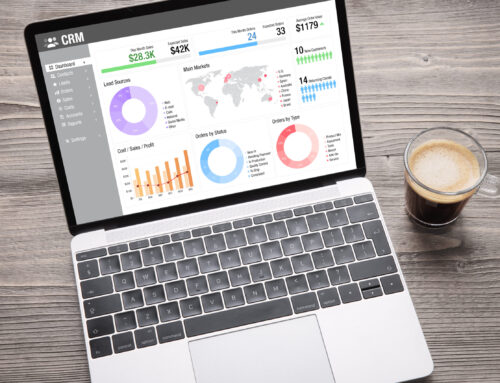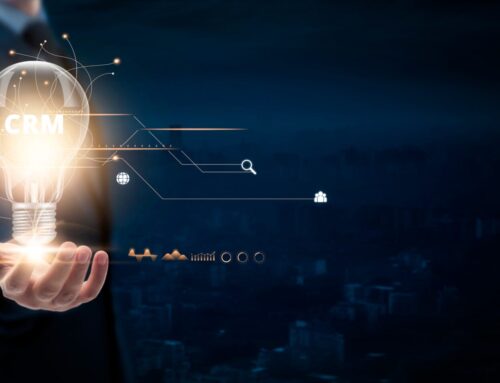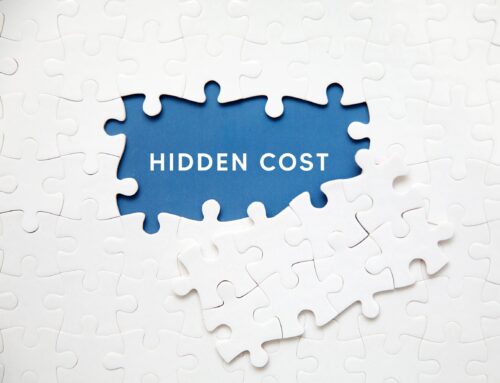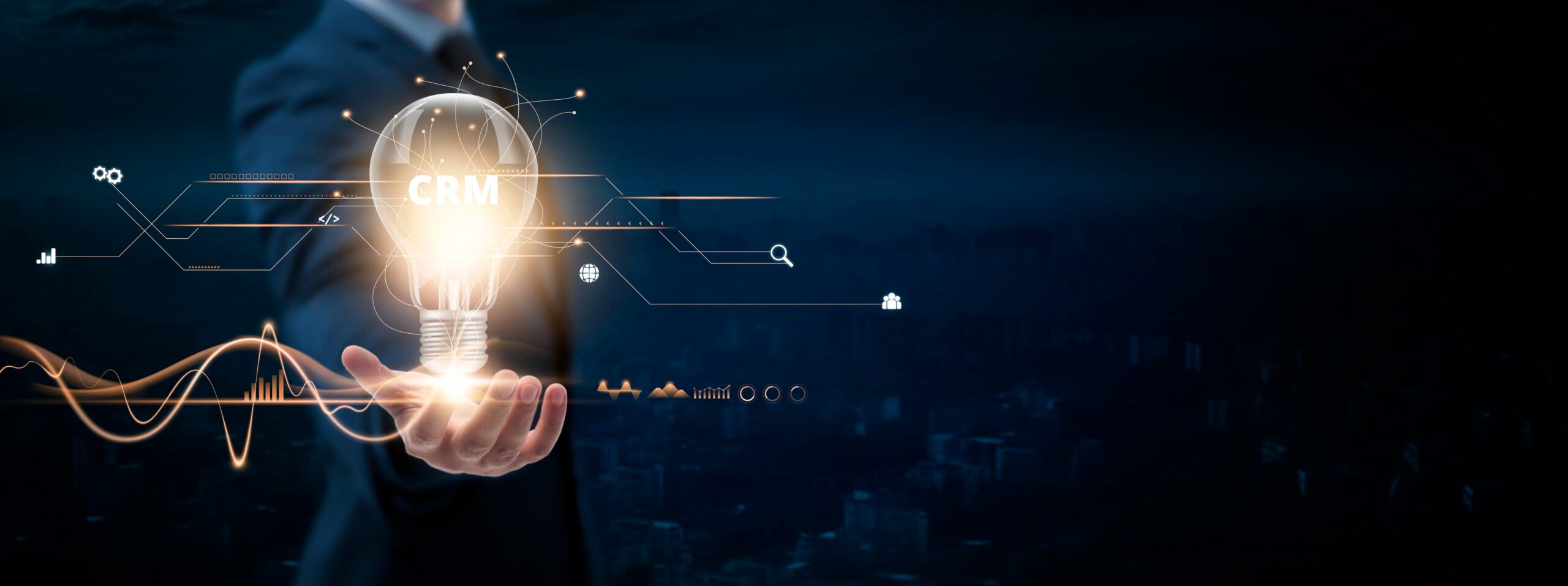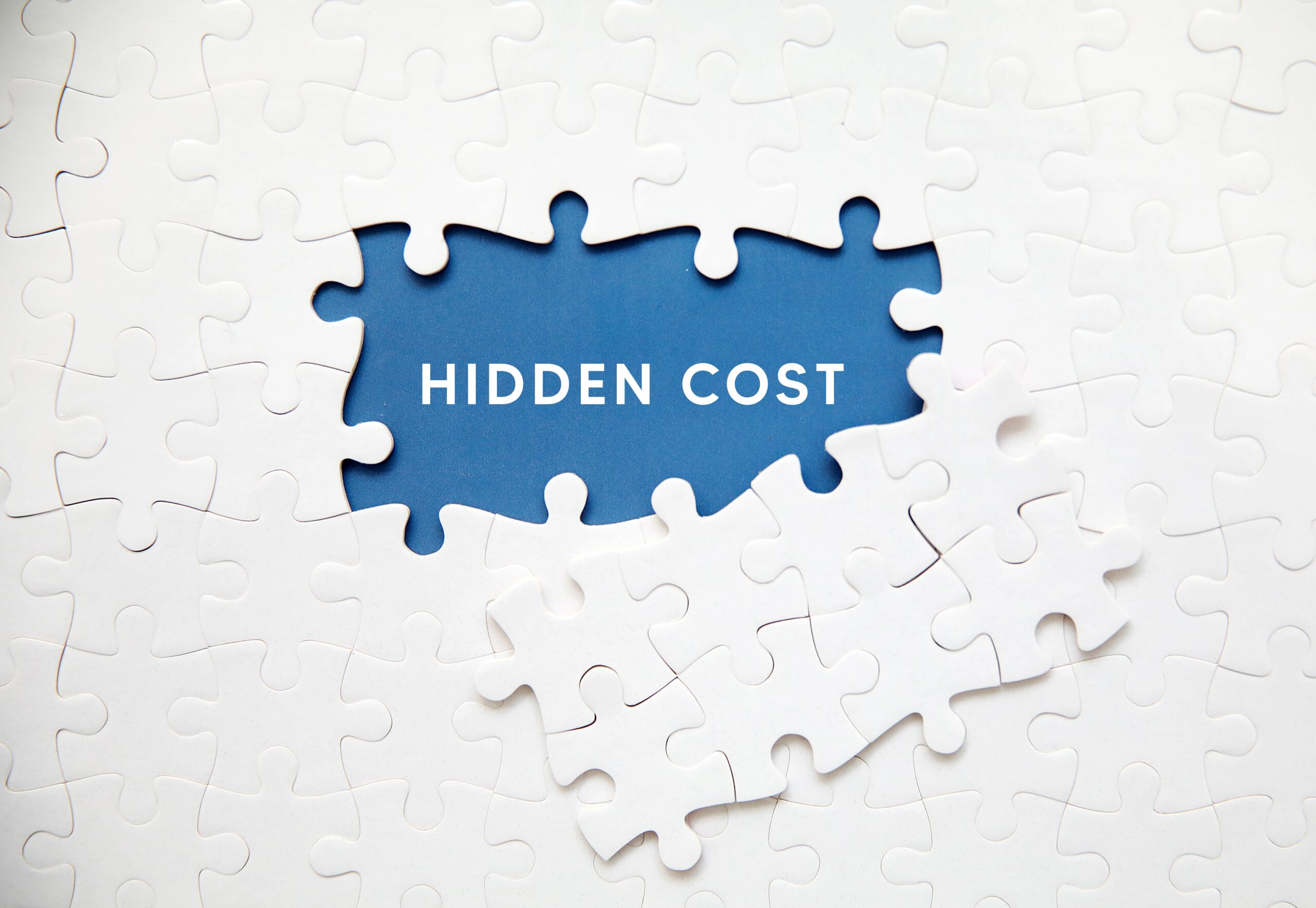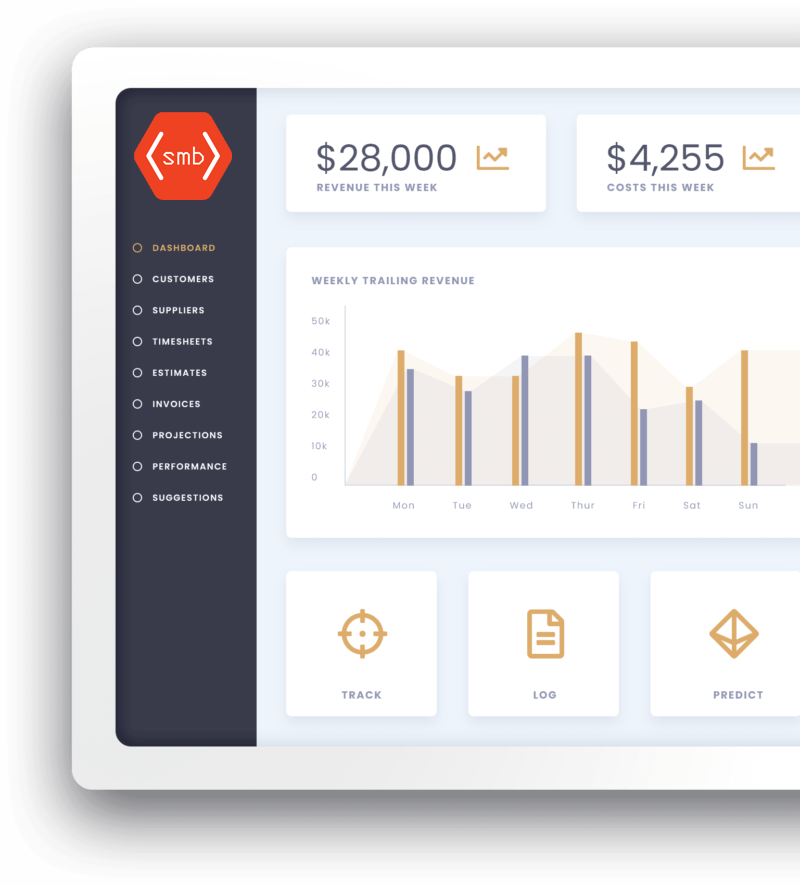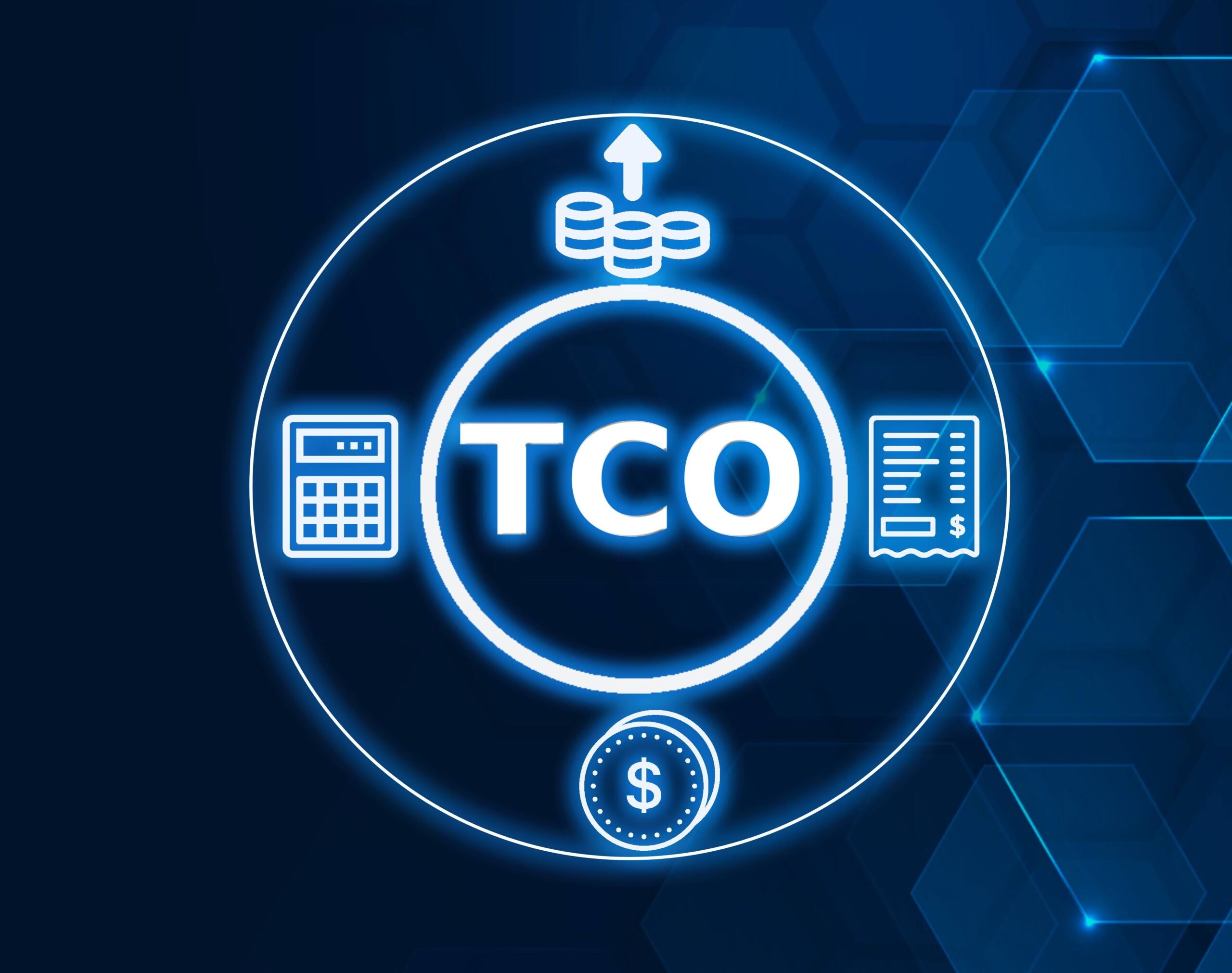
Let’s Consider: The Total Cost of CRM: What’s Beyond The Licensing Fees?
You depend on your customers, and losing them because of inadequate data and reporting processes means losing your business. Therefore, implementing a CRM platform is an unavoidable need. Why?
The benefits of better customer management and streamlined operations can transform your business growth and longevity.
However, the true cost of this transformation goes well beyond the monthly licensing fees. While the subscription fee is often front and center in sales pitches, it’s only one piece of the puzzle.
Understanding the complex nature and total cost of CRM platform ownership is crucial if you expect to see a reasonable ROI for your investment.
CRM ownership? It includes everything from initial setup and customization to ongoing maintenance and upgrades. And these costs can vary widely depending on your chosen CRM, the specific needs of your business, and how deeply you want to integrate the CRM into your existing systems.
Let’s briefly explore what factors you need to consider.
✅ Implementation and Setup Costs
Robust platforms (systems) like Salesforce can be quite intricate, requiring the help of I.T. consultants, both before and after implementation. Design, setup, migration and integration, and implementation, are necessary steps to configure the system specifically for your business.
Even the more straightforward CRMs like Zoho or HubSpot can require customization. Which means consulting experienced professionals, and eliminating the frustration of trying to figure out how to make the system function on you own, and avoiding an even greater cost of having it reconfigured.
✅ Customization Costs
Customization is one of the major appeals of CRM systems. Customizing them to meet the unique needs of your business.
But customization comes with a price. Whether you need custom reports, tailored dashboards, or specific automation workflows, these modifications can add to the total cost of CRM ownership.
For example: HubSpot and Zoho offer a lot, straight out of the box. However; it takes skilled people to customize the deeper sales and marketing functions, as well as migration and integration, despite the product purchased. These are costs you must be aware of.
✅ Integration with Other Tools
Another factor that impacts the total cost of CRM ownership is the integration with other tools. For a CRM to truly deliver value, it needs to work seamlessly with your existing business systems—whether it’s email marketing software, accounting tools, or ERP systems.
•Salesforce, for instance, offers a vast array of integrations, but connecting it to other platforms often requires paid connectors or third-party tools.
•Zoho and HubSpot, both, also offer numerous integrations, but the possibility of incompatible applications can lead to extra expenses toward integration.
Choosing a CRM with strong integration capabilities is essential for avoiding hidden cost. These things are discovered in the planning phase. Planning the specifics of your CRM, will help determine *which type of CRM best suits your needs.
✅ Training and Onboarding
No matter how intuitive a CRM claims to be, there’s always a learning curve. Training your team to use the CRM effectively is a crucial part of maximizing your ROI, and is often overlook in the budgeting.
Most CRMs, including Salesforce, HubSpot, and Zoho, all offer basic training materials.
However, if you want personalized training sessions or need to onboard a large team, you’ll likely incur additional costs. While it can be tempting to skimp on training, well, as they say, “garbage in…garbage out.” An incomplete understanding of the system gives the appearance of having wasted time and money on CRM. Poor training costs you more in the long run.
✅ Ongoing Maintenance and Upgrades
Included in the cost of a CRM system, beyond the initial purchase and deployment, are maintenance, and support. Upgrades and modification are ongoing expenses that can add up over time.
With Salesforce, you may need to pay for premium support. Or, depending on the size, hire administrators to manage your CRM platform as your business grows.
Similarly, HubSpot and Zoho have ongoing maintenance needs, i.e., updates applied, end-user issues cared for, and so on. In fact, regular software updates are essential for any software, and most businesses consider the CRM software as being critical to operations. So be sure to factor these costs into your budget.
Balancing the Costs and Benefits
As you consider the expenses involved in setup, customization, integration, training, and ongoing maintenance of a CRM system, also think of the benefits?
While these costs can be significant, the right CRM can more than pay for itself when used correctly. It’s about *finding a CRM that fits your business and delivers real value over the long term. Click the link below for more information on how to make your business grow, and the CRM grow with it.
Need help evaluating your options?
Related articles
February 19, 2026
February 19, 2026
February 19, 2026
February 19, 2026

